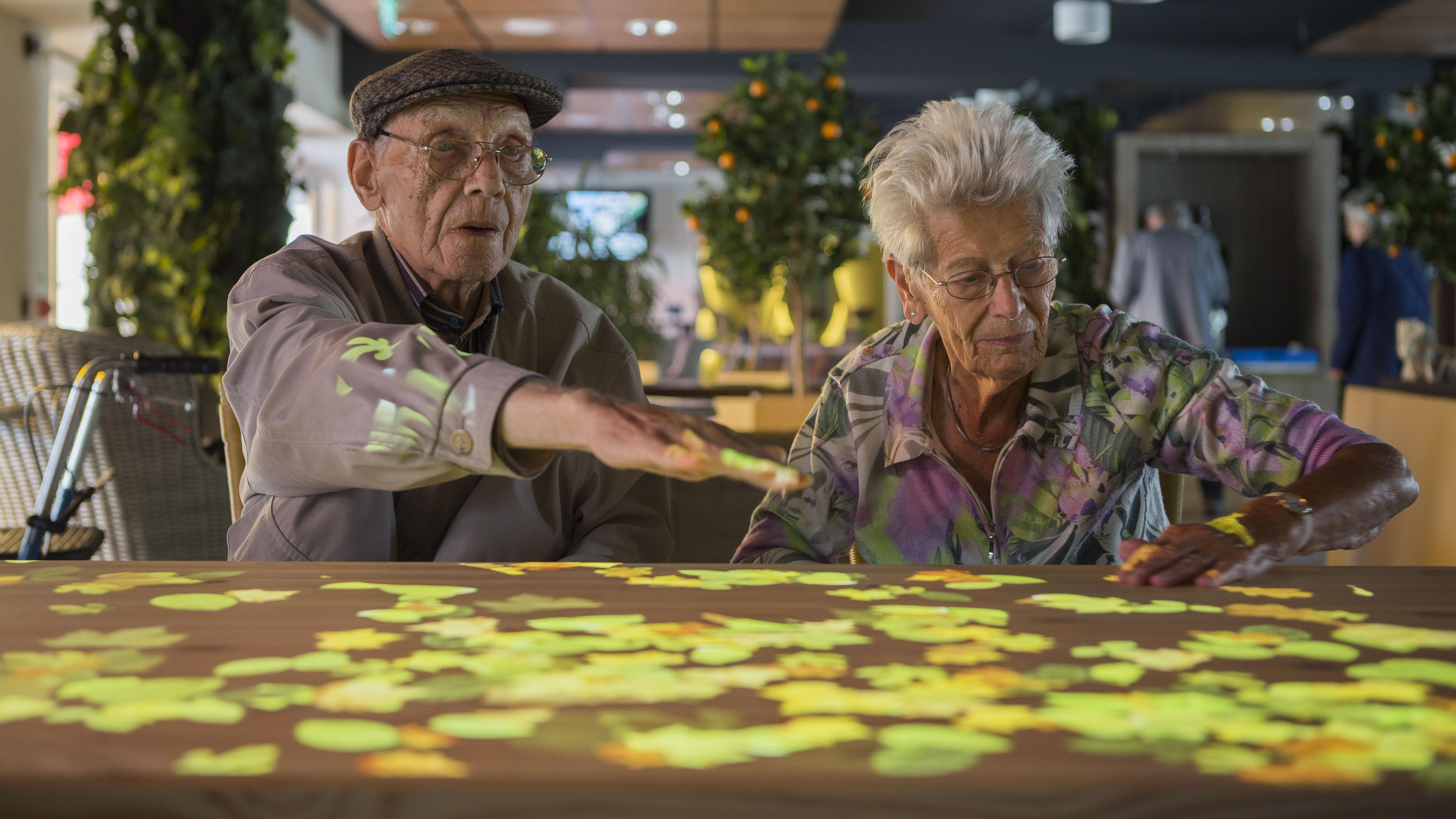There are 850,000 people with dementia in the UK, with numbers set to rise to over one million by 2025. As numbers increase, it’s clear that dementia is something which impacts a lot of us, from those who have experienced it first-hand, to the family members and friends of those who are on their journey. John Ramsay, CEO & founder of Shift8* has some useful advice…
For those living with dementia, tasks that were once completed with ease can become incredibly challenging. It’s easy to forget how many steps it takes to simply make a cup of tea or put the washing on. However, there are a number of small but effective changes that can be incorporated into day to day life to make it that little bit easier for those with dementia as well as their carers and loved ones.
Make important information visible
Important information, such as telephone numbers and key addresses, should be easily accessible and stored in a memorable spot with lots of visual cues close by. Purchasing a brightly coloured telephone book is a really simple but effective first step and can make a huge difference to the life of an individual on their dementia journey.
Use a calendar
Calendars are a great way to keep track of important dates and daily activities. It can become overwhelming for an individual with dementia when they struggle to recall agreed meetings or when visitors pop by seemingly unexpectedly. Using a large, print calendar is an effective way to remember important dates, whether it’s appointments or special occasions.
Use contrasting colours around the home
Contrasting colours are crucial when it comes to safety. At times, those who have been diagnosed with dementia experience changes in their perception of floor level. In order to ensure a high level of safety, it’s important to avoid bold, high contrast patterns on the floor – particularly stripes and chequered – which can sometimes appear as holes in the ground.
Avoid reflective surfaces
Reflective surfaces and mirrors can often be distressing for those who have been diagnosed with mid-to-late stage dementia. Shiny surfaces can cause confusion because they create glare and shadows. As a way around this, stick to hardwood or plain carpeting for floors and use a tablecloth or light-coloured mats for surfaces such as dining tables.
Technology
As awareness surrounding dementia has increased, so has the technology which is now enabling those on their journey, their carers and loved ones to experience more moments of happiness together. Tovertafel, an interactive light game for those living with mid-to-late stage dementia, is a perfect example of technology bringing people together. The device, which works by stimulating physical activity and interactivity with others, is installed in care homes, hospitals, libraries and other community spaces across the country, enabling those with dementia to become more engaged and less passive.
Create a relaxing environment
Ultimately, the most crucial way to ensure day to day life is made a little easier for an individual living with dementia is to create a safe and relaxing environment for them. Loud noises can be particularly distressing so it’s important to reduce background noise where possible. This can easily be done by investing in carpets, cushions and curtains which absorb noise as well as add comfort.
Although dementia can be challenging, it’s important to remember that your loved one is still the same person and most likely enjoys the same activities – whether it’s watching a black and white movie or attending church. Making the daily life easier for someone with dementia is not only about efficiency and safety, it’s also about maintaining a high quality of life. Work on ensuring you’re still able to spend quality time with your friend or loved one and create happy moments together.
